As Founder and President of Family Orchard, LLC, John F. Suggs has over a dozen
years’ experience as a Genetic Genealogist specializing in analyzing DNA as well as in
the more traditional investigatory practices to assist Adult Adoptees search for and
reunite with their birth parents and birth siblings
As a former Jesuit, John was trained in community organizing by Myles Horton of the
Highlander Folk School — the same educator who heavily influenced Rosa Parks and
Dr. Martin Luther King Jr. — John worked as a homeless advocate before becoming a
founder and the first Executive Director of the Los Angeles Coalition to End Hunger
and Homelessness. In that capacity, he developed and implemented numerous
grassroots political and media campaigns targeting changes in public policies
impacting both individuals and families. He was a key player in organizing a
homeless class action lawsuit against the County of Los Angeles in response to their
draconian homeless policies, and successfully negotiated a $36 million settlement.
He also co-convened, in 1990, the very first conference in the nation on educating
homeless children.
As a lead investigator for the Los Angeles City Ethics Commission, John successfully
conducted a series of investigations into bribes to elected officials, which, at that time,
included the largest governmental ethics financial settlement in U.S. History.
In partnership with the University of California, Los Angeles (UCLA) School of Public
Health and the Los Angeles County Department of Health Services, John served as
founding Executive Director for the Institute For Community Leadership, a nonprofit
training and educational program that focused on developing and strengthening the
leadership capacity within the public and nonprofit sectors.
John served as Outreach Director and Fundraiser for the film “RFK in the Land of
Apartheid: A Ripple of Hope.” The film documented a little known, yet important visit
by Senator Robert Kennedy to South Africa in June 1966. John wrote the film’s
Teachers Study Guide whose lessons included the vital role that engagement and
dialogue play in responding to difficult and destructive public policies, and examples
of ordinary people who found ways to stand up to an unjust system.
As the Assistant Director of Fairfield University’s Center for Social Impact, he
promoted the center’s mission of providing internationally recognized experiential
approaches to teaching and learning that links academic study with community
engaged learning, research and services. John helped secure grants
from the Ford Foundation, Carnegie, Teagle and Wabash Foundation to fund the center’s
initiatives.
Additionally he managed the University’s active participation in JUHAN — the Jesuit
Universities Humanitarian Action Network — with a mission of teaching and
encouraging students to better understand and respond to the complexities of
international humanitarian crises. He actively engaged students in humanitarian
efforts in Haiti, Japan, Pakistan, and New Orleans in addition to other flood-ravaged
sections of the United States, through forums featuring prominent experts with firsthand
knowledge of the regions, and developing task forces charged with providing
long term support and awareness of the plight. He also spearheaded the students’
Washington, DC and United Nations immersion experiences.
John, a former High School History Teacher, successfully organized and co-led a
multi-year, community-based campaign to preserve endangered lands resulting in
the threatened area being certified as a State Archaeological Preserve.
John served five two-year terms in local office as an elected member of his Town’s
Council.
He holds a BA in Political Science from Loyola Marymount University, an MS in
Management and Systems from New York University and an MBA from Fordham
University. His NYU Master’s Thesis was entitled: “Genetic Testing and Privacy:
The Role of Anonymous Genetic Testing and Information Technology.”
